The Orphan Drug Act was passed by the U.S. Congress
On Jan. 3, 1983, the Orphan Drug Act was passed by the U.S. Congress with the leadership of…
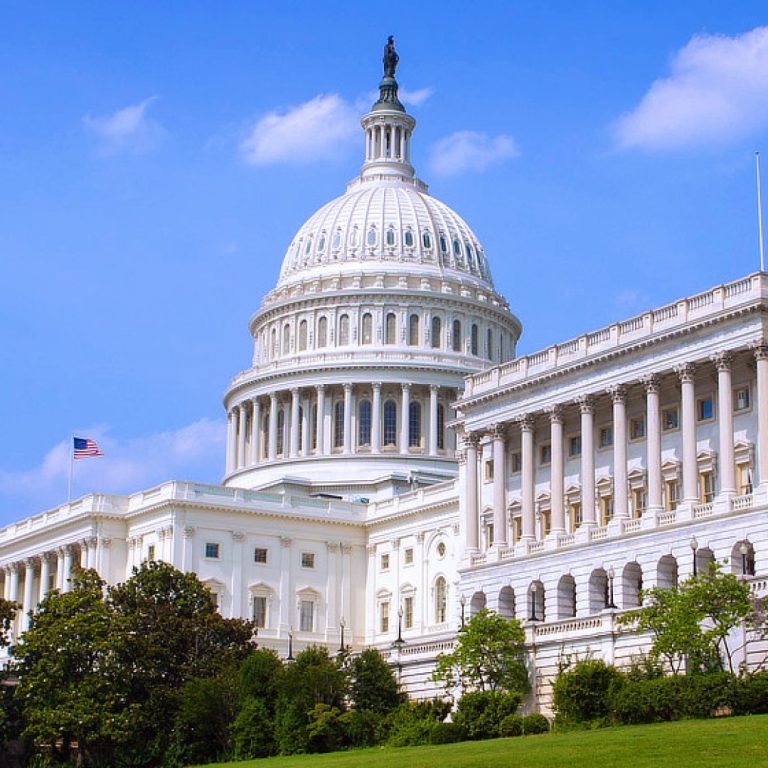
On Jan. 3, 1983, the Orphan Drug Act was passed by the U.S. Congress with the leadership of…
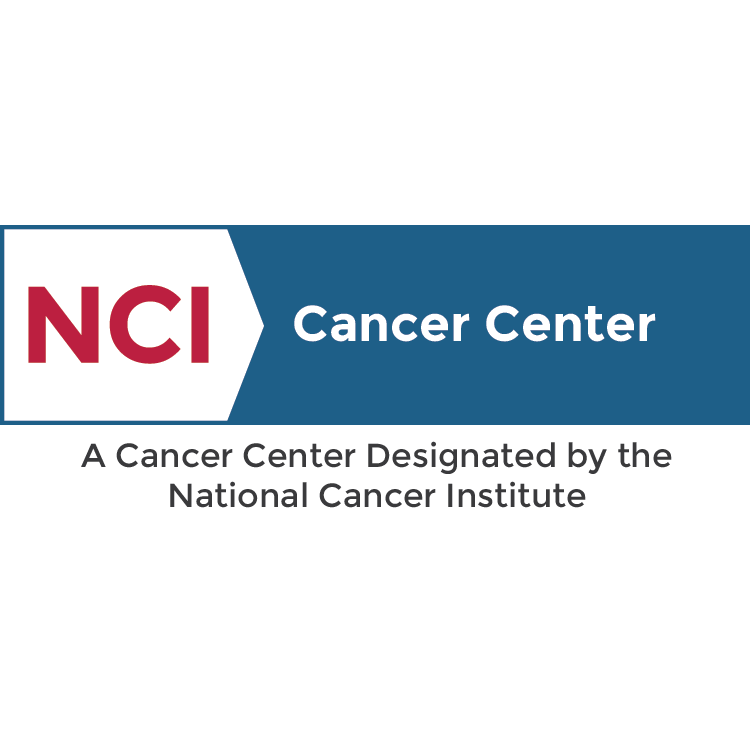
In 1983, The Meyer L. Prentis Comprehensive Cancer Center of Metropolitan Detroit now known as the Karmanos Cancer…
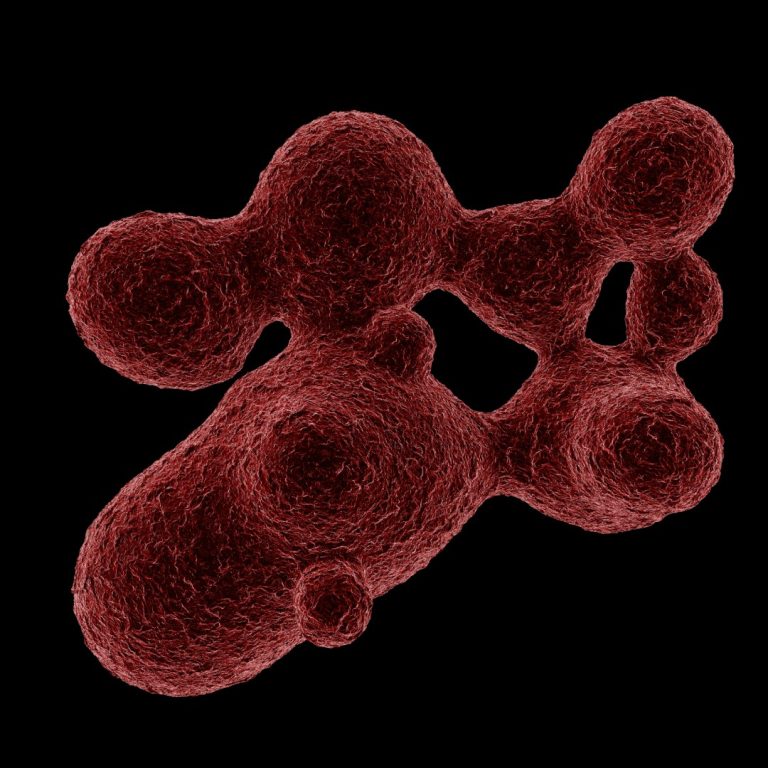
In 1983, additive solutions were shown to extend the shelf life of red blood cells (RBC) to 42…

In 1983, the Community Clinical Oncology Program, an National Cancer Institute (NCI) resource that links community-based physicians with…

In 1983, the Arkansas Science & Technology Authority was created to bring the benefits of science and technology…
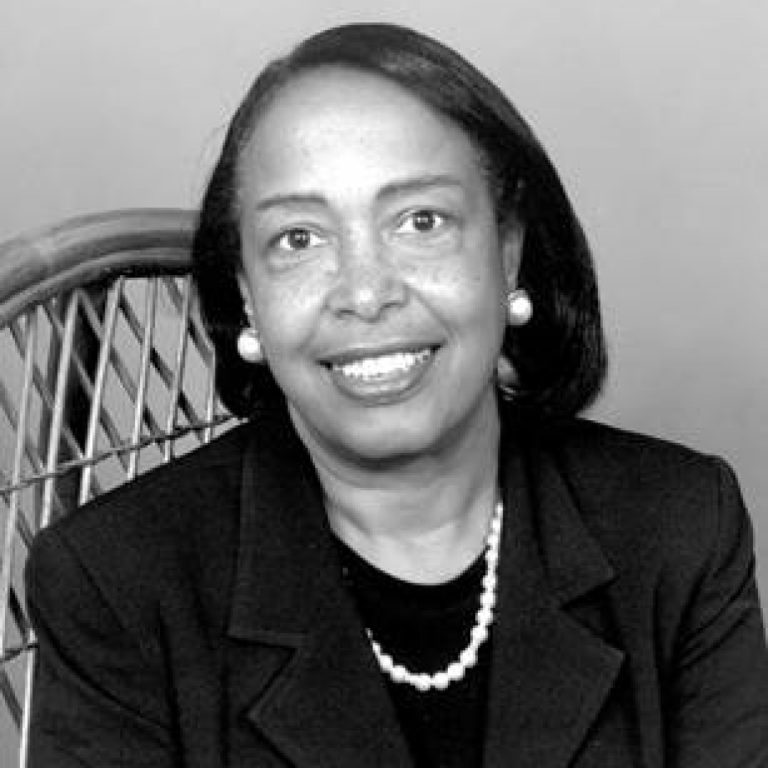
In 1983, Dr. Patricia E. Bath became the first woman to chair an ophthalmology residency program in the…
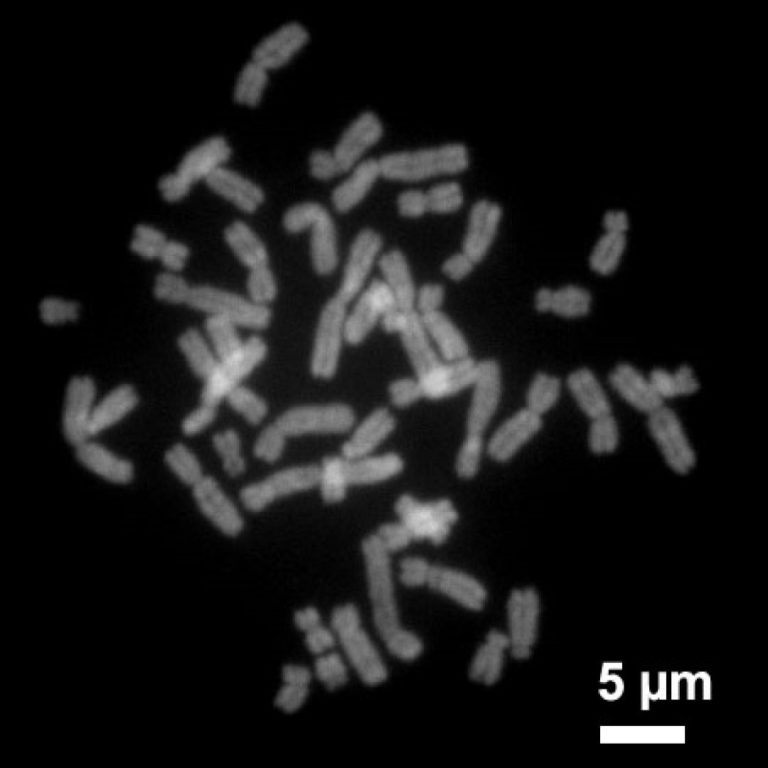
In 1983, a team of researchers, led by Dr. James Gusella from Harvard Medical School, announced they had…

In 1983, Henri Termeer became president of Genzyme Corporation. Termeer was previously a senior executive Baxter. Serving as…
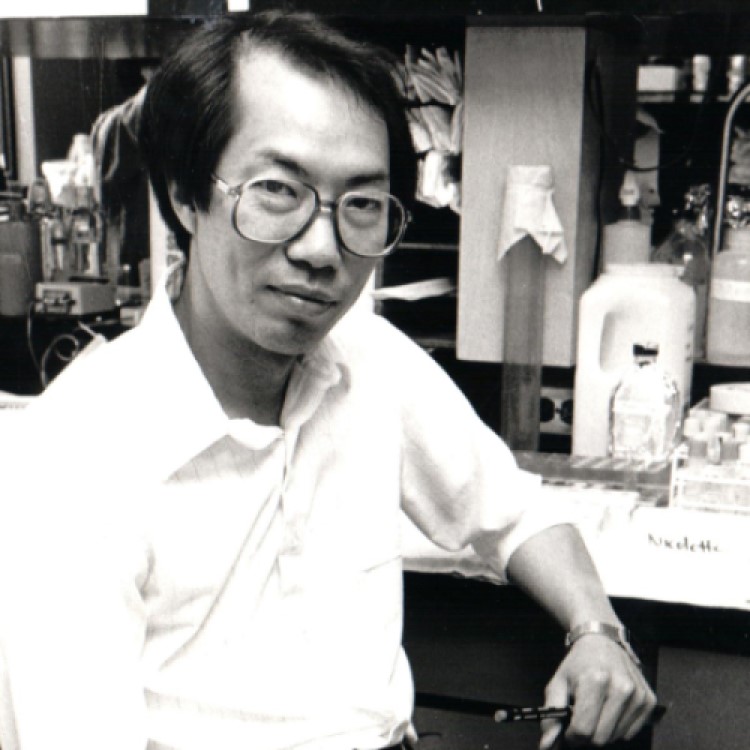
In 1983, Dr. Tak Wah Mak co-discovered the T-cell receptor and the gene that produces it. Dr. Mak…

In 1983, the South Carolina Research Authority (SCRA) is a public, non-profit corporation chartered by the State of…
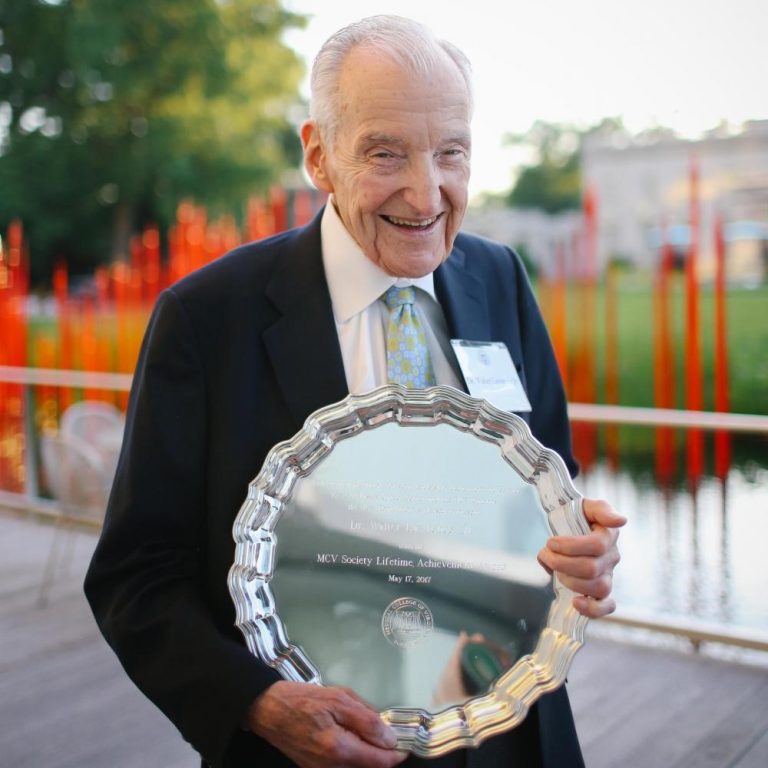
In 1983, the Massey Cancer Center opened under the direction of Dr. Walter Lawrence Jr., a surgeon and…

In 1983, Hollister-Stier Laboratories became a division of the Miles Pharmaceutical Group. Hollister-Stier Laboratories, located in Spokane, was…
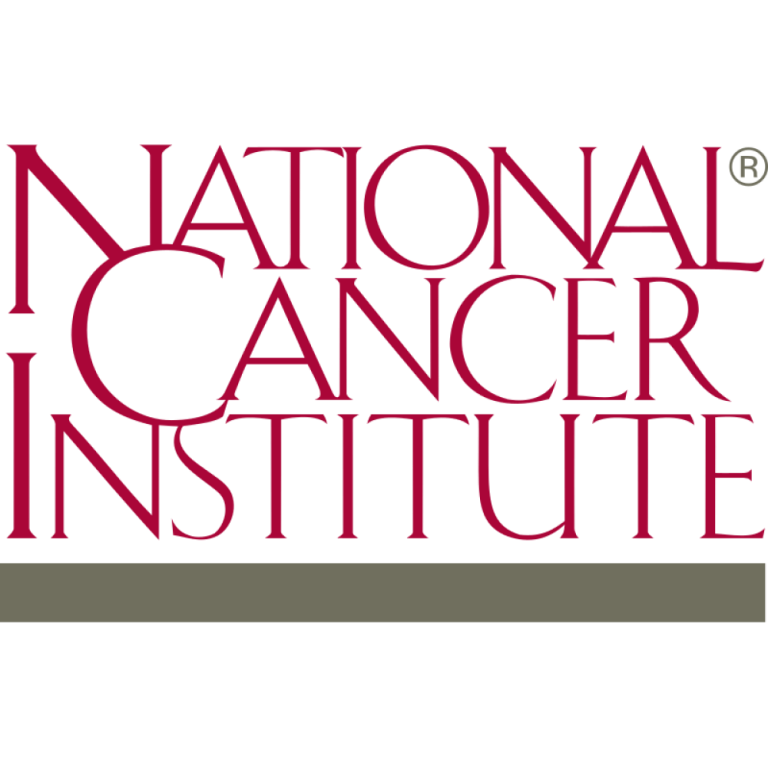
In 1983, the National Cancer Institute formed the Division of Cancer Prevention and Control to accelerate the science…

On Dec. 16,, 1982, the National Cancer Institute purchased what is now the R. A. Bloch International Cancer…

On Dec. 10, 1982, the U.S. Centers for Disease Control and Prevention (CDC) provided an update on AIDS…
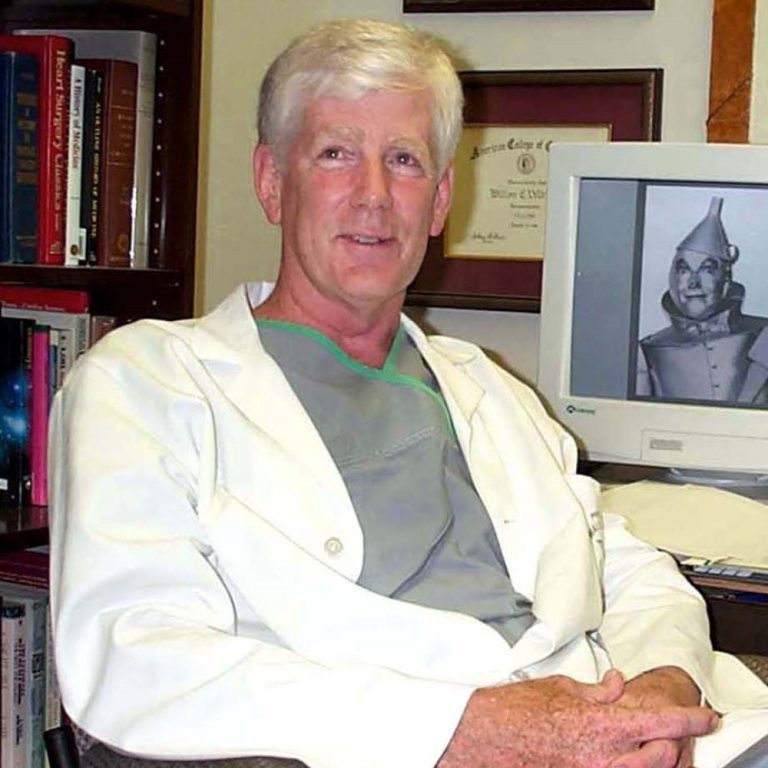
On Dec. 2, 1982, a team led by William DeVries, at the University of Utah, successfully implanted the…

On Oct. 28, 1982, the U.S. Food and Drug Administration (FDA) approved Humulin, Eli Lily’s recombinant insulin made…
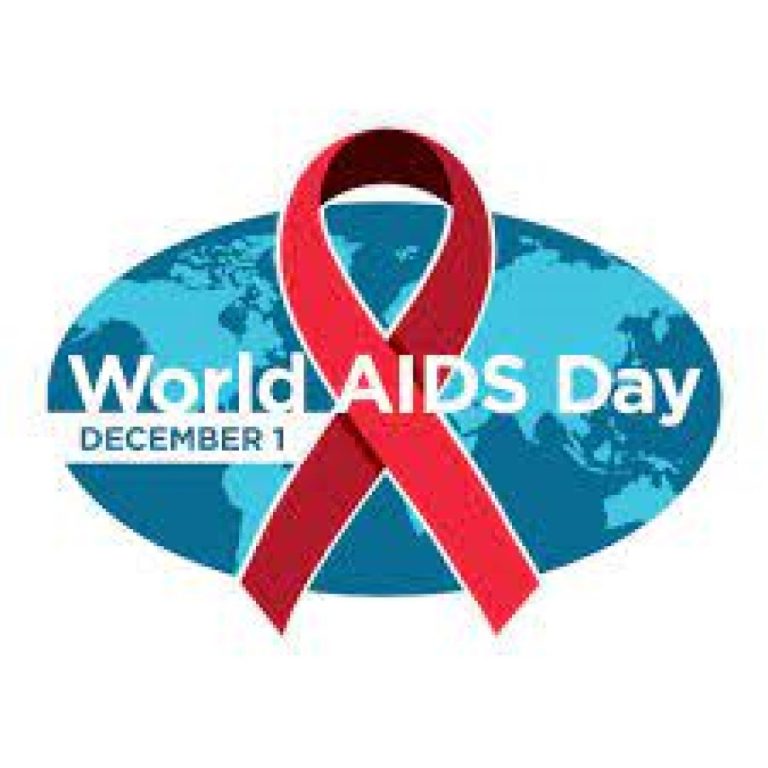
On Jul. 27, 1982, a meeting in Washington, DC, attended by federal officials, university researchers, community activists, and…
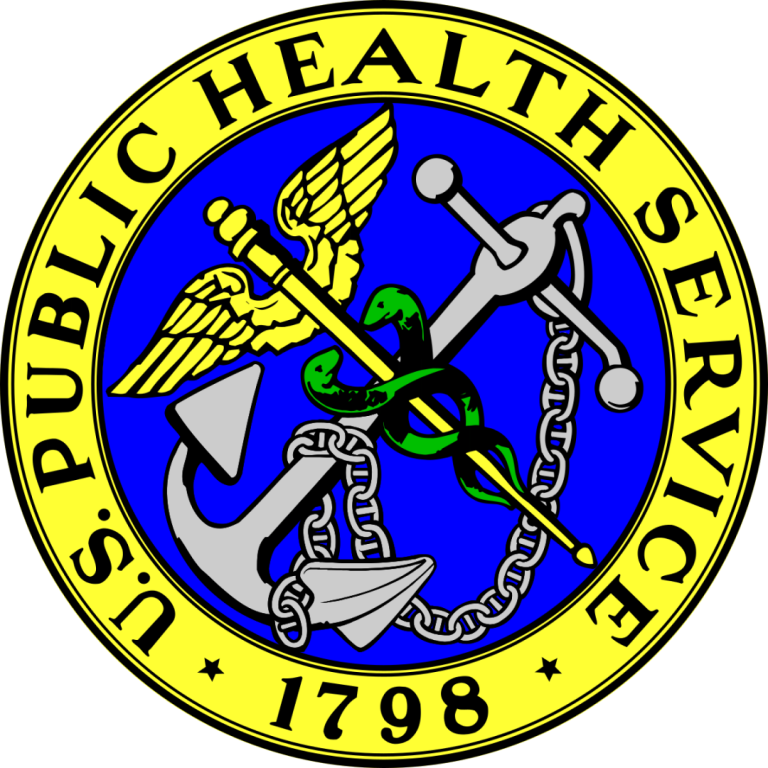
On Mar. 3, 1982, a conference on the new HIV disease was held by the U.S. Public Health…

On Jan. 15, 1982, the second AIDS patient was admitted to the National Institute of Allergy and Infectious…
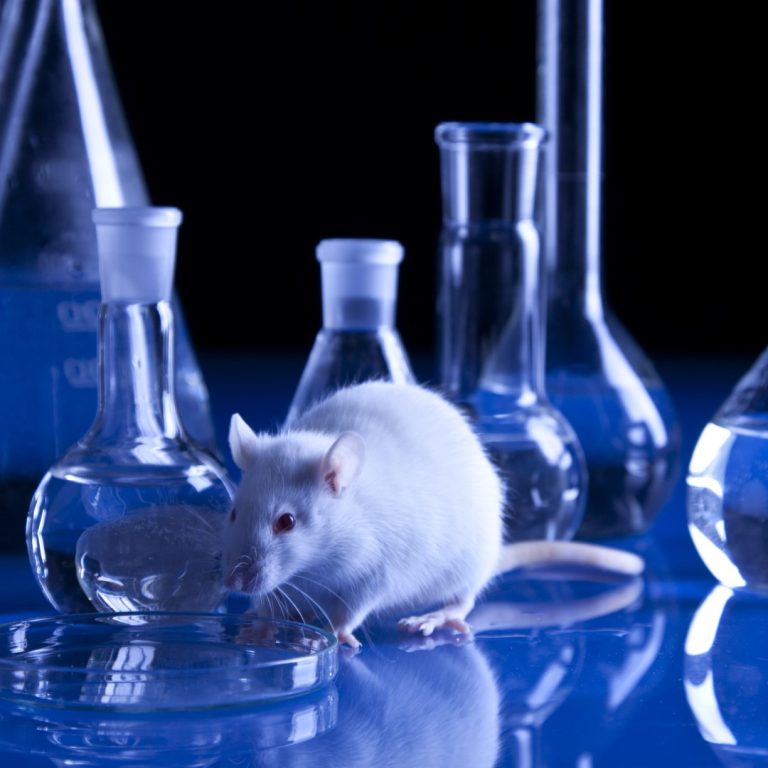
In 1982, Richard D. Palmiter at the University of Washington scientists created first “transgenic mouse” in collaboration with…

In 1982, the National Cancer Institute’s (NCI) Physician Data Query (PDQ) cancer information database went online. PDQ is…
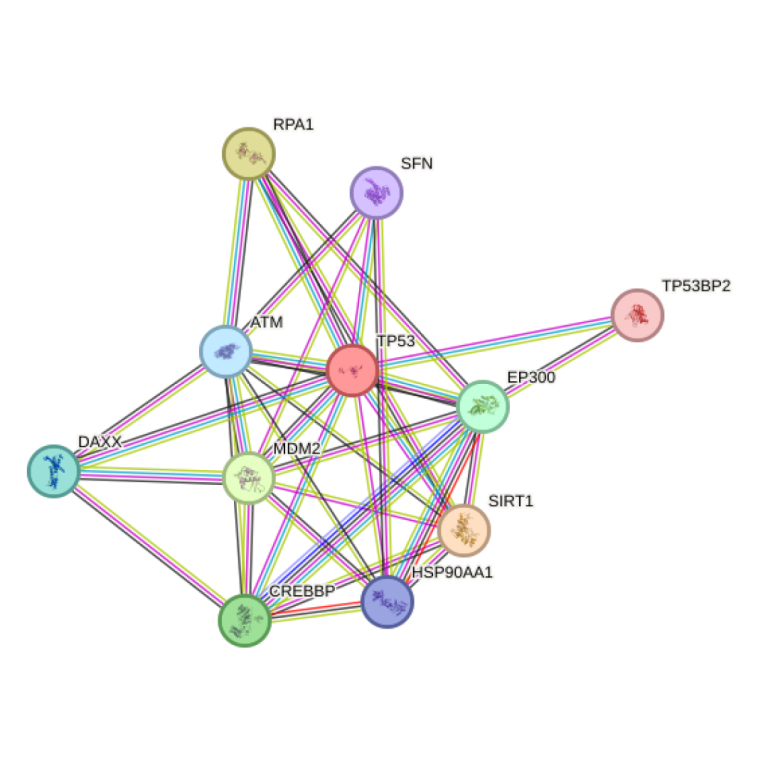
In 1982, the TP53 gene from the mouse was first cloned by Peter Chumakov of the Russian Academy…
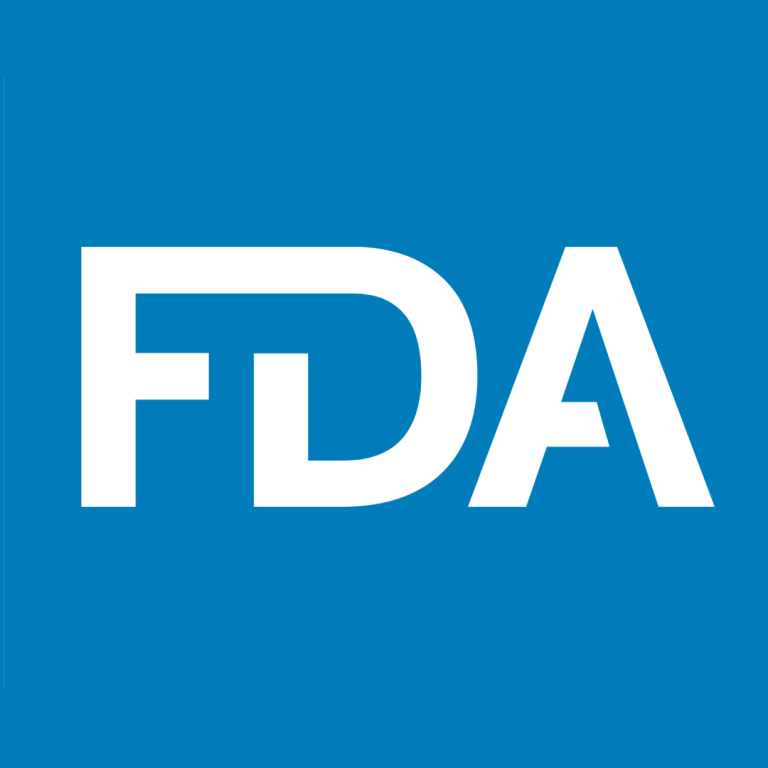
In 1982, the U.S. Food and Drug Administration issued a publication, known as the Redbook, that described the…
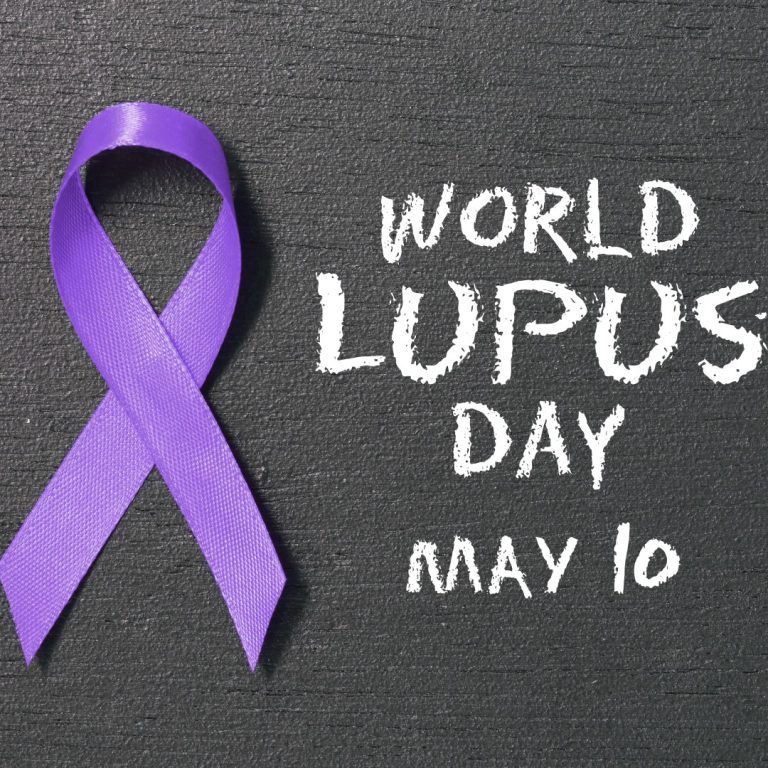
On Oct. 24, 1988, the first lupus awareness observance which occurred in 1977 was moved to Oct. in…

In 1982, Merck Frosst Canada was created through the restructuring of Merck & Co., Charles E. Frosst, and…
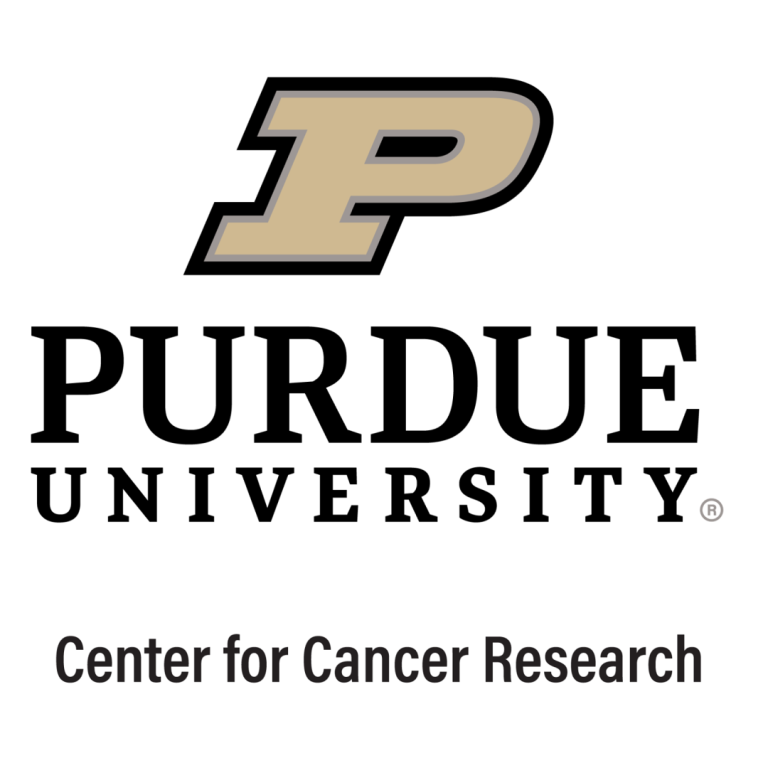
In 1982, the Purdue University Institute for Cancer Research (PICR) was established as an National Cancer Institute (NCI)…

In 1982, The Whitehead Institute, was founded as an independent research institution affiliated with Massachusetts Institute of Technology…
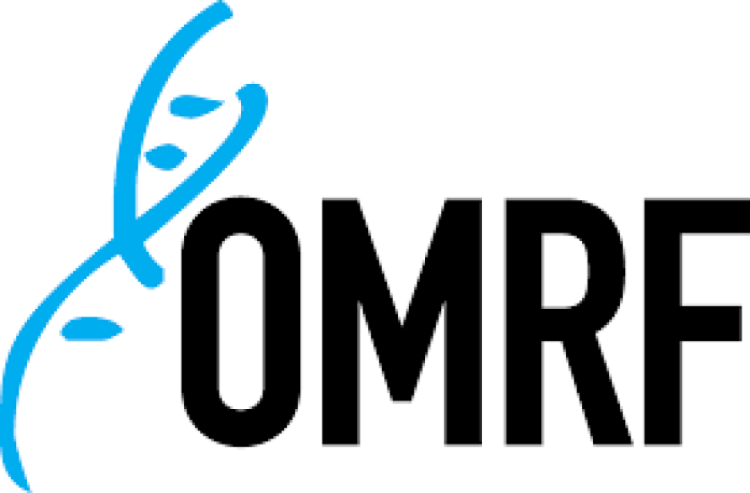
In 1982, Dr. Paul Kincade joined the Oklahoma Medical Research Foundation (OMRF), and broke new ground time and…
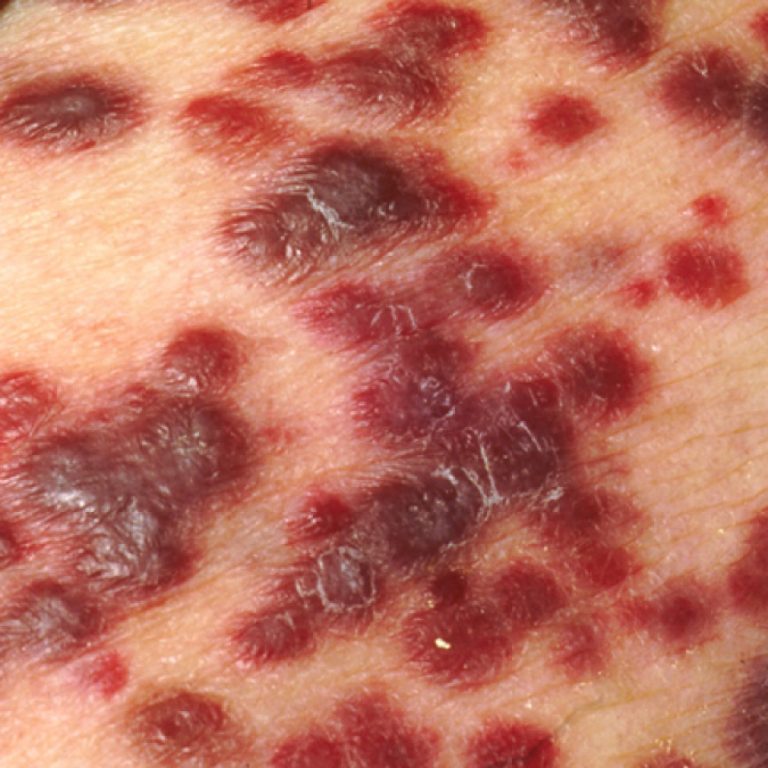
On Jun. 15, 1981, the National Cancer Institute (NCI) sponsored a conference in Bethesda, MD, on Kaposi’s Sarcoma…